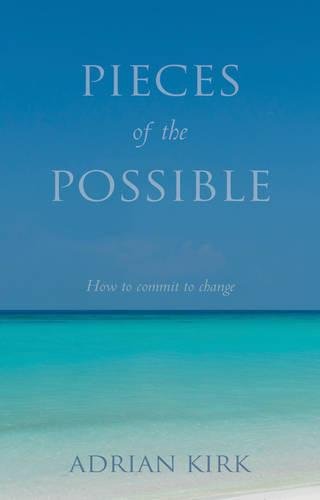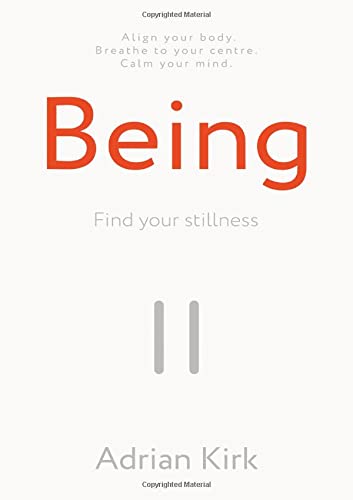Is the role of a diplomat to stay in the background and advise quietly from the wings? Or is it to be seen and heard as a representative of a government and a nation on an international stage? The answer is that being a diplomat requires both.
‘Diplomatic’ has become a byword for someone who considerately and calmly influences a person or situation; so advising from the wings suits the role. But equally, if a diplomat is to get inward investment for their country, if they are to build stakeholder relations and interact with a wider international audience, they must also be seen and heard. Increasingly how we are seen and heard influences people’s perception of us, so our ability to come across as engaging, impactful or authoritative is determined by this perception.
- Learn to be taken seriously the first time
Research has established that we take people in visually first, before we then listen to the sound they make and, finally, pay attention to what they say. This is human nature, it’s part of the fight or flight mechanism; we are programmed to assess people and situations within seconds, to work out whether they are a threat to us. As this is built into us, we find ourselves assessing people in different situations using the same criteria. We even act out of the visual and auditory opinions we form of them. We believe someone to be more worthy of our attention because of how they present themselves and how they use their voice. Yet many of us are unable to define what it is about someone that holds our attention, using descriptions like ‘character’, ‘presence’ or ‘gravitas’ in relation to how someone uses their body and voice. If a diplomat is to be perceived as possessing any of these qualities, they must become aware of their physical presence and how they sound, as well as being able to articulate a well-constructed opinion.
- Your body language influences relationships
Write a motivational speech and ask different people to deliver it and I guarantee audiences will be more moved by the people who have greater physical presence and express their voice with colour, energy and variety. The relationships we create with others are heavily influenced by physical and vocal expression. For 16 years, I have been working with people to help them understand how to use their body and voice to greater effect, so they can be more engaging, influential, authoritative, authentic and inspirational. The world has changed and diplomats are no longer issuing prompts from the wings; they are increasingly being asked to take the stage, so how they are seen and heard matters.
- Keep people’s attention
But it isn’t about being shallow and not valuing what people say. Once we know how to engage an audience physically and vocally, we need to know how to keep their attention. As much as ‘flight or fight’ matters, we have advanced beyond the basics of it. We are intellectual, we like to use words, and what we say matters. A rounded communicator is someone who knows how to take their space and knows how to engage vocally, but they also know how to hold the attention of their audience with what they say.
- Tell stories to be sure your mission and country are remembered
The best and longest established method of keeping people’s attention is to tell them stories. Storytelling is the oldest verbal way of passing on information. Before we were able to read and write, ideas were passed from generation to generation and village to village by stories. The majority of us don’t remember facts and figures; we remember people, feelings and images. So an effective communicator engages their audience by telling stories which enable people to see, feel and remember. However, I draw you back to what I said earlier: audiences are more moved by speakers who are physically and vocally engaging. Telling stories is not just about having a good storyline, it is equally about being a good story ‘teller’. It is the good story ‘teller’ that we love to have around; the good story ‘teller’ is the one we pay more attention to, the one we find ourselves making time to listen to. Being diplomatic is not just about using logic and process to influence others, increasingly it is about engaging people on the emotional, personal level that storytelling allows.
- Skills to pick up at the Diplomatic Leadership Training
As a specialist trainer helping people become engaging storytellers, I will be delivering ‘Tools of storytelling’ at the upcoming Grassroots Diplomat ‘Diplomatic Leadership Training’ in London from 17 to 21 October. As the official representative of a country, the role of diplomat can be high profile and stakeholders will look to you to be the voice of your country on a more global stage. How you take your space, how you speak and what you say all matter. Foreign diplomats operating in the UK have the added challenge of speaking in a second language to a relatively mixed audience with various agendas. I will teach you to become self-aware so that you can use your innate strengths – as well as the universal skills of personal impact and influence – to engage your audience anywhere in the world, make a connection with them and maintain their attention on you as you convey a valuable message.
If you are a diplomat (or aspiring to become one) wanting to read body language, learn how to speak to your audience on an individual level and really sell your cause without sounding like an investment report, then register for Diplomatic Leadership Training (http://www.grassrootdiplomat.org/diplomaticleadership). Places are strictly limited. Please get in touch with Nina Maxwell to claim a discount: nina@grassrootdiplomat.org.


